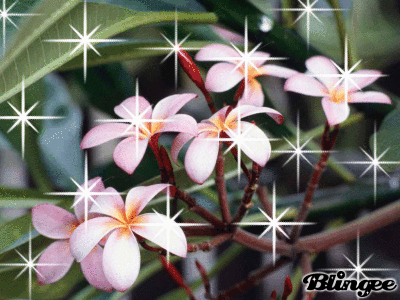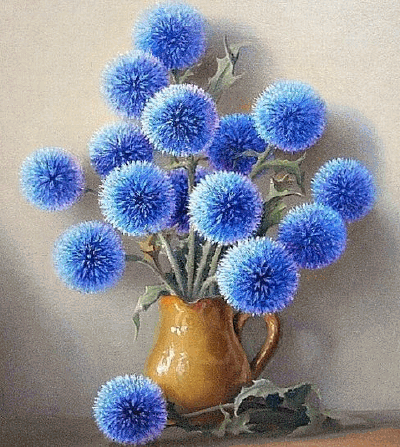 Verse 68: That deed is well done if one has not to repent for having done it, and if one is delightful and happy with the result of that deed.
Verse 68: That deed is well done if one has not to repent for having done it, and if one is delightful and happy with the result of that deed.
The Story of Sumana, the Florist
While residing at the Jetavana monastery, the Buddha uttered Verse (68) of this book, with reference to Sumana the florist.
A florist, named Sumana, had to supply King Bimbisara of Rajagaha with jasmin flowers every morning. One day, as he was going to the king’s palace he saw the Buddha, with a halo of light-rays radiating from him, coming into town for alms-food accompanied by many bhikkhus. Seeing the Buddha in his resplendent glory, the florist Sumana felt a strong desire to offer his flowers to the Buddha. Then and there, he decided that even if the king were to drive him out of the country or to kill him, he would not offer the flowers to the king for that day. Thus, he threw up the flowers to the sides, to the back and over and above the head of the Buddha. The flowers remained hanging in the air; those over the head formed a canopy of flowers and those at the back and the sides formed walls of flowers. These flowers followed the Buddha in this position as he moved on, and stopped when the Buddha stopped. As the Buddha proceeded, surrounded by walls of flowers, and a canopy of flowers, with the six-coloured rays radiating from his body, followed by a large entourage, thousands of people inside and outside of Rajagaha came out of their houses to pay obeisance to the Buddha. As for Sumana, his entire body was suffused with delightful satisfaction (Piti).
The wife of the florist Sumana then went to the king and said that she had nothing to do with her husband failing to supply the king with flowers for that day. The king, being a Sotapanna himself, felt quite happy about the flowers. He came out to see the wonderful sight and paid obeisance to the Buddha. The king also took the opportunity to offer alms-food to the Buddha and his disciples. After the meal, the Buddha returned in the Jetavana monastery and the king followed him for some distance. On arrival back at the palace King Bimbisara sent for Sumana and offered him a reward of eight elephants, eight horses, eight male slaves, eight female slaves, eight maidens and eight thousand in cash.
At the Jetavana monastery, the Venerable Ananda asked the Buddha what benefits Sumana would gain by his good deed done on that day. The Buddha answered that Sumana, having given to the Buddha without any consideration for his life, would not be born in any of the four lower worlds (Apaya) for the next one hundred thousand worlds and that eventually he would become a paccekabuddha. After that, as the Buddha entered the Perfumed Hall (Gandhakuti) the flowers dropped off of their own accord.
That night, at the end of the usual discourse, the Buddha spoke in verse as follows:
Verse 68: That deed is well done if one has not to repent for having done it, and if one is delightful and happy with the result of that deed.
Dhammapada Verse 68
Sumanamalakara Vatthu
Tanca kammam katam sadhu
yam katva nanutappati
yassa patito sumano
vipikam patisevati.
Source: Tipitaka












